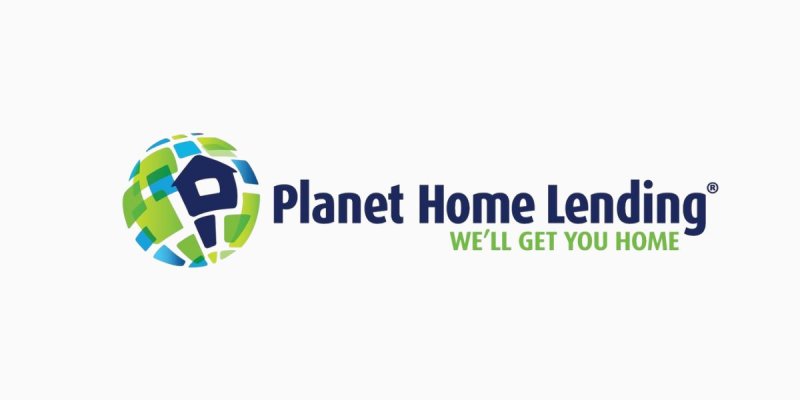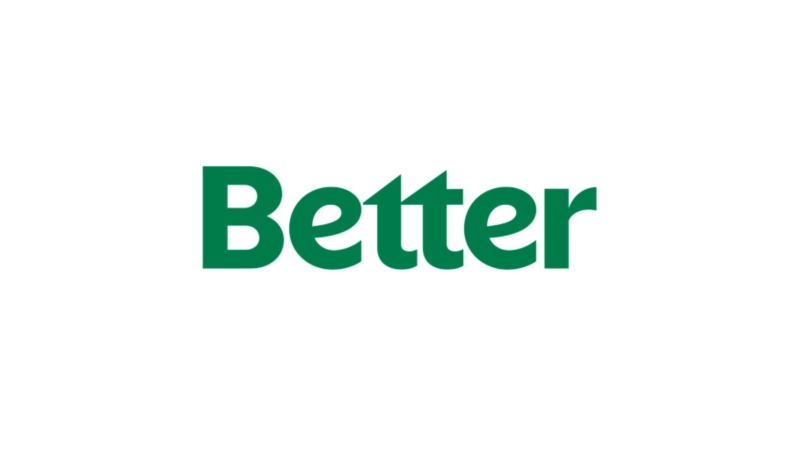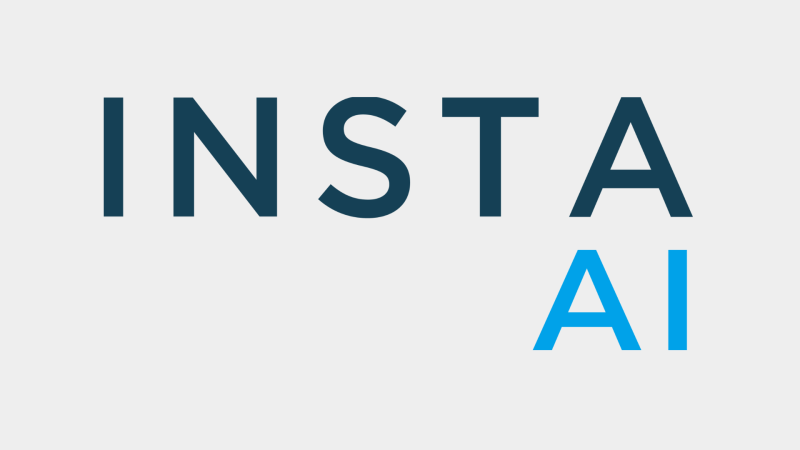Advertisement
How to keep your dreams alive during current circumstances
Recent FHA changes: What you need to knowJeff MifsudFHA loans, updates, FHA risk-based pricing plan, FHASecure
As of the writing of this article, the Federal Housing
Administration has been working very hard to make FHA a better loan
product. In this months article, I'll start by summarizing the
updates, and continue with some answers to the most frequently
asked questions I've received this month.
Here's the update ... the FHA has:
*Passed their Reform Bill (HR 1852) in the House and having it
reviewed by the Senate;
*Published their risk-based pricing, which will require minimum
scores (this is not yet law, but will be after some modification);
and
*Published their final rule to disallow seller financed down
payment assistance, i.e., all seller financed downpayment
assistance programs.
In response to the current crisis in our industry, FHA has
implemented a program called the FHASecure plan that can help
borrowers currently in adjustable-rate mortgages (ARMs). Now, on to
the Q&As.
Q: What is the FHA Reform Bill?
A: This bill is designed to adapt the FHA loan to current market
conditions, allow insurance premiums for higher risk loans and to
increase FHA loan amounts. Some of the major changes we can expect
to see include:
*Increase in loan amounts, determined by the lesser of 125
percent of median sales price in your area or 175 percent of the
agency limit;
*Extension of mortgage term to 40 years;
*Lower to zero downpayments for first-time homebuyers;
*For FHA broker and lender approval: allowance of surety bonds
instead of audited financials;
*Automated underwriting technology for borrowers with alternative
credit; and
*Risk-based mortgage insurance premiums.
Q: What is FHAs risk-based pricing plan?
A: There are two main features of the risk based pricing model:
1. Establishment of minimum credit scores; and
2. Increase of up-front and monthly mortgage insurance
premiums.
If, for example, funds for closing come from the borrower or a
relative (or a close friend with no interest in the transaction), a
lower score will be allowed. If, however, funds come from any other
source, a higher score will be required.
I have seen hundreds of borrowers with scores in the low- to
mid-500s due to old, lingering collection accounts with small
balances (i.e., medical bills), but who have an excellent 24-month
alternative credit history. These people are very credit-worthy
individuals and will be penalized with this risk-based model. Since
the credit scoring will negatively affect these types of borrowers,
I believe (and hope!) that FHA will modify their guidelines to
allow these borrowers access to financing.
Q: What is the recent change regarding downpayment assistance
programs?
A: FHA has long had the practice of allowing a borrower's
investment to be derived from gifts by family members and from
certain organizations. On Oct.1 of this year, the U.S. Department
of Housing and Urban Development published its final rule regarding
a borrowers investment in the transaction. This rule establishes
that a borrower is prohibited from using downpayment funds from the
following sources: the seller or any other person or entity that
financially benefits from the transaction, any third party or
entity that is reimbursed directly or indirectly by the seller, or
any other person or entity that financially benefits from the
transaction.
Please note that this rule is in regard to the downpayment
itself and that sellers and lenders will still be able to cover up
to six percent of the borrowers closing costs and prepaid expenses.
In addition, borrowers will still be able to receive downpayment
funds from acceptable government programs and non-profit agencies
that provide funds for homebuyers.
Q: What is the FHASecure plan?
A: The plan allows borrowers with strong credit histories to
qualify for a refinance when they would otherwise be unable to
qualify. For example, homeowners who had been making timely
mortgage payments prior to their loans adjusting, but are having
difficulty making the current, inflated payments. Only loan
applications dated prior to Dec. 31, 2008 will qualify.
In addition, FHA will implement risk-based premiums that match
the borrower's credit profile with the insurance premium they pay;
i.e., riskier borrowers pay more.
Q: What does FHASecure mean to loan officers, their clients
and their real estate agent partners?
A: What it means for loan officers is that they now have an
opportunity to increase their income dramatically by filling their
pipelines with refinance loans of borrowers with ARMs. FHA
originators out there are equipped to respond to this segment of
the market, make a lot of money and make their clients happy by
delivering a good loan.
For their clients who are in ARMs but hopefully not up in arms
(sorry, I couldnt resist), it means an opportunity to get out of
their time-bomb loans and into a stable mortgage. Keep in mind, FHA
can now go up to a 95 percent loan-to-value (LTV) on a cash-out
refinance and up to 97.75 percent, in most cases, on a rate and
term refinance.
For real estate agents, it represents a chance to team up with
loan officers to market FHA to their databases in order to save
their clients with ARMs from potential foreclosure.
Q: What are the most important points loan originators need
to know regarding FHASecure?
A: Here are the six most important things you need to know about
FHASecure:
1. The payment-to-income ratio and debt-to-income ratios remain
31 percent and 43 percent, respectively. Compensating factors are
to be provided by the underwriter when the ratios are
exceeded.
2. The homeowner's mortgage payment history during the six months
prior to the reset should reflect no instances of making mortgage
payments outside the month due and that other recurring obligations
were paid on time.
3. Because property values have declined in many areas, FHA warns
lenders and appraisers not to inflate value. FHA holds the lender
and appraiser equally responsible for the appraisal and will take
action against both parties if necessary!
4. The plan represents the creation of what Im calling the "short
refinance." This is similar to bank-owned "short sale," when a
lender will accept a payoff less than what is owed them. FHA will
allow the current lender to write off the amount of indebtedness
that cannot be refinanced into the loan because of insufficient
equity in the home.
5. If the total amount of the settlement charges exceeds the
maximum LTV, FHA will allow the current lender to hold a second
mortgage to cover the difference (including closing cost,
arrearages, taxes, etc.). The combined LTV may exceed the maximum
LTV and the FHA mortgage limit for the area.
6. Borrowers who became delinquent after the reset are eligible for
this program.
What you need to know is that although this is now an official
temporary FHA program to assist borrowers in ARMs, many lenders are
not offering this loan. Based on my sources, the lenders currently
offering the program are Chase, GMAC, Fidelity Home Mortgage
Corporation, First Horizon Wholesale and WestAmerica.
This product opens up a great marketing opportunity. Fellow loan
officers, I urge you to team up with your real estate agents and
circulate a joint letter explaining the FHASecure loan. If a
borrower doesnt qualify for the FHASecure, they may qualify for the
standard FHA refinance. With the trillion dollars of ARMs coming up
for adjustment, you have an opportunity to refinance these loans
into FHA, save your clients from financial disaster (thereby
assisting the overall economy!) and make terrific income at the
same time.
Jeff Mifsud founded Mortgage Seminars LLC in 2004, has been
an FHA originator for 12 years, is a faculty member of LoanToolBox.com and is a
former FHA underwriter. He may be reached at (877) 342-9100 or
e-mail [email protected].
For upcoming FHA Webinars, visit www.mseminars.com.
About the author





